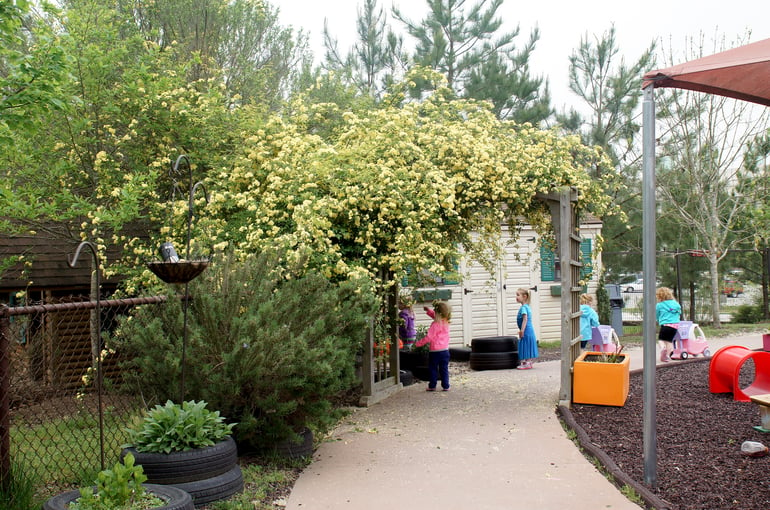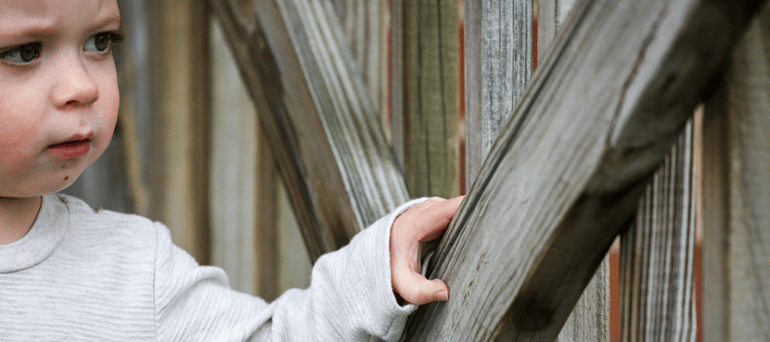Takeaways:
- Adventist HealthCare’s investments were a direct result of what they heard from employees
- Partnering with organizations, such as The Lourie Center and KinderCare, allowed Adventist HealthCare to move quickly and rely on the expertise of those organizations
At the start of the COVID-19 pandemic, in March, companies had to quickly adjust in order to support their employees with the changes that were taking place. For many, child care was the number one issue.









